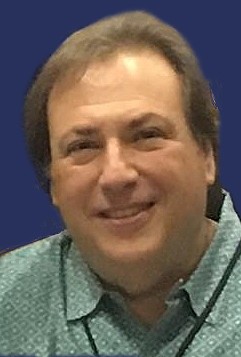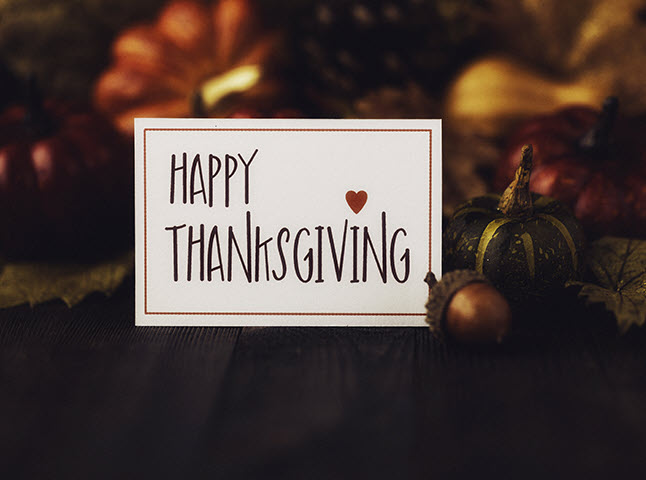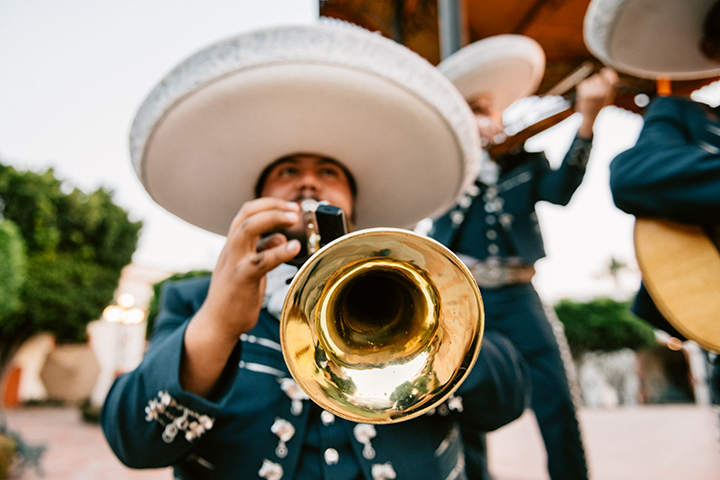Music v.2.0
Pay to play is here — start getting used to it.
Once upon a time, radio was free. So was broadcast television. Then along came cable and satellite and streaming, and soon we all got used to paying to be entertained, same way we always had to buy a ticket to watch a film at our local movie theater.
Ever since the advent of recording more than a century ago, we’ve had to pay to listen to music too, from buying vinyl to purchasing tunes for a smart device to subscribing to a streaming service. But up until now, one of the few areas of entertainment that was free to all comers was the making of music. Sure, you had to buy or rent an instrument first (unless you were lucky enough to have a friend or relative willing to loan you theirs), but there was no obligation to shell out for the privilege of strumming your guitar or blowing your saxophone or bashing away on your drum kit. There was no levy on writing songs, either — anyone with the talent and inspiration could do so, free of charge.
Now, with the introduction of Music v.2.0, all of that’s changed. From this day forward, you’re going to have to pay to play. Every time you pick a note, strike a key, crash a cymbal, it’s going to cost you, courtesy of a patent that has just been granted on … can you believe it? Music itself.
How could this have happened? The story is a little murky, but apparently two of the largest OS developers in the world got together a few years ago and formed a new corporate entity to explore “means of monetizing and leveraging emerging entertainment opportunities,” which is marketing-speak for “finding new ways to gouge our customers.” The new company, MicrApp©®™ (a clever merger of their names), hired a cadre of top patent attorneys who devised a method of redefining the elements of music, with valuations assigned to each. For example, major chords were determined to be of slightly more value than minor chords, and priced accordingly. Want to add a 7th? Extra. Suspended fourth? Even more. And since they are rarely used, esoteric chords like 6ths, augmented, and diminished are tagged with what the patent terms “fancy use” tariffs that can mount up if you’re into playing jazz or avant garde. (Inside tip: there is as yet no definition for combinations of augmented and diminished chords, so if you begin substituting what hackers are calling “demented” chords, you might be able to avoid those extra charges.)
Note values are similarly categorized, with quarter notes costing four times as much as whole notes, and triplets costing three times as much as quarter notes. Scales are priced similarly, though since they consist of only one note at a time, the patent concedes that a slight discount should be applied. Double-stops fall somewhere in-between, but as you can see, a dense solo consisting of single lines interspersed with chordal tones can mount up quickly, particularly if you’re playing an instrument like guitar and are prone to bending notes (which, you guessed it, cost extra too.)
It’s not just chords, note values and scales, either. Dynamics and tempo are appraised as well, from pianissimo and adagio (least expensive) to fortissimo and allegro (most expensive). You might be able to cut costs somewhat if you play ppp at a lento tempo, but get a little carried away and jump up into fff at presto and you’ll pay a healthy premium. It’s all swings and roundabouts: you might be able to offset the extra premium incurred for a crescendo with the discount that comes with a diminuendo — but only if they are of equivalent duration. Admittedly, these extra charges are mostly just fractions of a penny each, but sit down and practice a sonata (or a prog-rock song) from beginning to end, and, trust me, those pennies can mount up rapidly.
So, how do it know? Well, last night at precisely midnight, the MicrApp app©®™ automatically downloaded into every one of our smartphones and tablets without us knowing it, and there’s no way to access or delete it, either. The app uses the microphone, gyroscope and accelerometer in your device to monitor your activities 24/7, and whenever it detects sound or movement that it interprets as making music (based on a sophisticated algorithm that the MicrApp programmers have been developing for years), the appropriate surcharges are added to your monthly bill — and, yes, your service provider is receiving a healthy commission from MicrApp for doing so. One loophole here is that you could conceivably bypass this monitoring by practicing a distance away from your device (and we mean a long distance, because those microphones are very sensitive), but let’s face it, how many of us are willing to be disconnected from texting and social media for that long?
This will eventually be challenged in the courts, of course, but until or unless a verdict is handed down voiding this (currently perfectly legal) patent, musicians, music educators and music students — or their parents — should gird themselves for a substantial increase in their entertainment expenditure each month. In other words, get ready to dig into your wallets a bit deeper, folks — the creation of music has finally been monetized.
Oh, and one last thing: Happy April Fools Day from everyone here at Yamaha!















